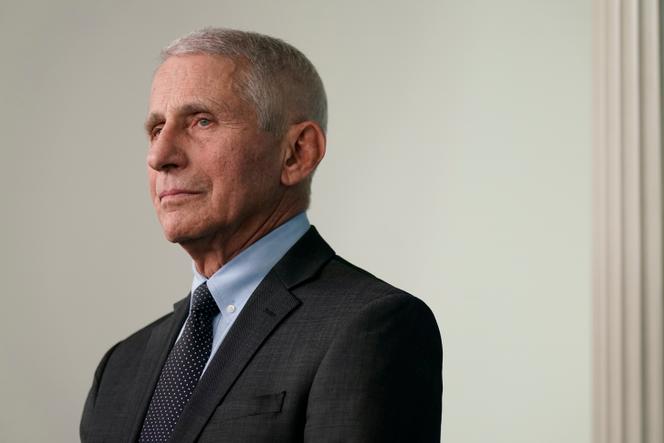

Anthony Fauci: 'It wasn't against Trump. I was just trying to give the truth to the American people'

The whole world knows Anthony Fauci. He was the director of the National Institute of and Infectious Diseases, within the National Institutes of Health (NIH), from 1984 to 2022, and served as chief public medical adviser to seven US presidents, from Ronald Reagan to Joe Biden. But it was his role during the Covid-19 crisis, sometimes contradicting his boss Donald Trump, that made him famous. During a visit to Paris for a conference on the 40th anniversary of the discovery of the HIV virus, which was held at the Institut Pasteur between November 29 and December 1, the recently retired 82-year-old spoke with Le Monde about the two pandemics that marked his life.
There are many areas. In public health, it changed the appreciation of the negative role of stigma in diseases. In the very first years of HIV, we realized how much of a negative impact that stigma has on people. But, I would say there are many, many areas where HIV has, I believe, helped as a scientific enterprise, both infectious diseases in general, virology in particular, antiviral drugs in particular, and the development of a better understanding of the regulatory mechanisms of the immune system. Because it was such an extraordinary disease that throughout the world – here at the Pasteur, in my institution, the NIH – we poured in an amazing amount of money.
The virus was first discovered here [in France] in 1983. Then in 1986, we had the first drug tested, azidothymidine. And then for the next few years, until 1996, we had a couple of different drugs. We came to the conclusion, which was correct, that a combination of multiple different drugs can actually durably suppress HIV to the point of having somebody essentially live almost a normal lifespan. So that's a big lesson in infectious diseases that whenever you have a goal, a mandate to apply your scientific capabilities, you can accomplish almost anything.
Yeah. One of the lessons is the importance of embracing the input from the communities who are either afflicted with the disease or are at risk from the disease. They didn't have time for very rigid restriction criteria to get into a clinical trial. So the activists realize that and they try to gain the attention of both the scientific community and the regulatory authorities. And at first, certainly in the United States, the scientific community didn't want to have anything to do with the activists. So they became very confrontational, theatrical, iconoclastic, until we – particularly me – paid attention to them. And when I listened to what they were saying, it became clear that they were absolutely correct in their concern. And if I were in their shoes, I would have done everything that they did. So that was when the scientific and regulatory community realized that even though they're not scientists, they have a lot of important information and important perspectives to bring into the discussion of the design of clinical trials, on the importance of flexibility in the regulatory approach towards medications. It was a transforming lesson that has been applied now way beyond HIV, to a number of diseases.
You have 75% of this article left to read. The rest is for subscribers only.
